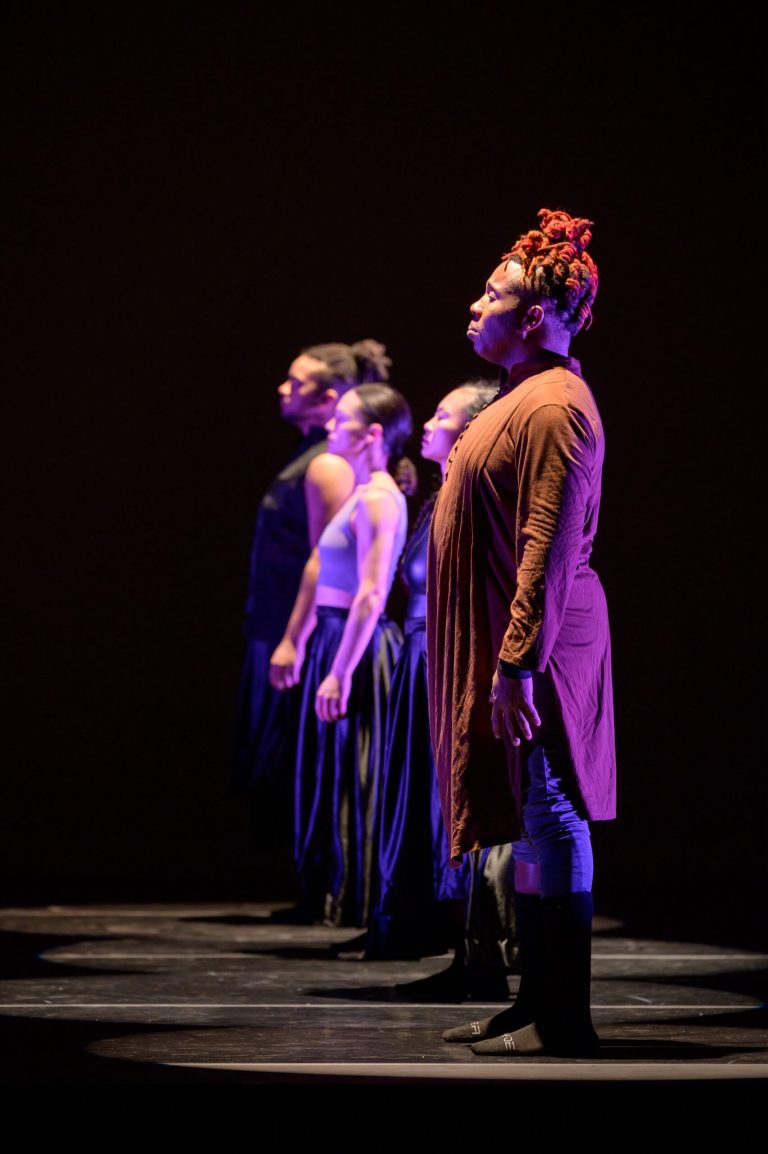Gillian Reinhard ’20
Features Editor
There can hardly be an art form less accessible or less interesting to young people than opera. Just the word conjures images amongst Millennials of long nights at the theater (true), and snooty people (only somewhat true).
The home base of American opera lies at the Metropolitan Opera in New York City, one of the largest and most famous houses in the world. Until very recently, the “Met” (not to be confused with the Metropolitan Museum of Art), was dominated by two old, white men—James Levine, the Met’s principal conductor for 40 years, and Placido Domingo, the Met’s leading male singer for nearly as long. In the past few years, however, both men have resigned in scandal and shame from their positions amidst serious accusations of sexual harassment. It is no surprise that the Met has long been regarded as a straight, white, “boys’ club,” where the most predictable operas are performed.
This image, however, does not represent what opera is today, or even what the Metropolitan Opera can and should be. Opera is a continuously expanding and inclusive art form, that stretches well-beyond the works of Mozart, Wagner, or Verdi. At the Met, change comes in the form of Yannick Nezet-Seguin, who is young, French-Canadian, and openly gay. Nezet-Seguin replaced Levine in the position of music director, which puts him in charge of choosing which 25 or so operas the Met will perform in a given season.
Since being announced as music director, Nezet-Seguin has helped plan four fantastic seasons at the Met, each more exciting and groundbreaking than the next. Some highlights include—L’amour de Loin (only the second opera at the Met ever composed by a woman), Porgy and Bess (one of the few operas to feature African-American characters, previously not performed at the Met in decades), and the modern opera Akhnaten by Philip Glass. Although I fear change, particularly in the realm of classical music, Akhnaten, absolutely blew me away.
For some reason, however, this upcoming 2020-2021 season at the Met has not interested me. It seems that Nezet-Seguin has lost some of his magic in crafting those perfect seasons to draw new audiences.
Nezet-Seguin heavily features the Russian soprano Anna Netrebko this year at the Met. She is performing in Aida and Nabucco, two operas set in the Middle East that embrace the colonialist tropes of the opera composer Verdi’s era. In the past few years, Netrebko has performed in the Egyptian-themed Aida in other opera houses around the world, and has fallen under intense criticism for using skin-darkening makeup to portray a Middle Eastern character. Additionally, at the height of sexual harassment allegations against Met Opera star Placido Domingo, Netrebko leaped to defend him, remarking that she was excited to perform alongside him in a Met production Macbeth, a role Domingo was subsequently fired from. “Star power” in the world of opera can become problematic, as evidenced by Levine or Domingo himself. Nezet-Seguin and the Met shouldn’t rely on Netrebko, or any one person, to headline a season at the Met.
In terms of modern opera, the Met will be presenting Jake Heggie’s Dead Man Walking and Prokofiev’s The Fiery Angel. Modern opera, for most audiences, straddles the line between weird and enlightening versus weird and unappealing. I’m not extremely well-versed in Prokofiev’s opera, but Met stagings of Soviet-era operas usually veer toward the former. The modern composer Jake Heggie seems interesting, but he does not have the captivating renown and prestige of a composer such as Philip Glass. Glass’ name alone likely inspired droves of audiences to the Met. Last year, the 1983 Akhnaten introduced opera-goers to the mysterious and enchanting world of Ancient Egypt, devoid of uncomfortable imperialist overtones perpetuated by the 1871 Aida. Also, the cast was led by the countertenor Anthony Roth Costanzo and the “Beyonce of Opera” J’Nai Bridges. This year, there doesn’t seem to be an equivalent.
For many, opera serves as an escapable, even more grand of a spectacle than movies, TV, or books. The Met, and other opera houses like it, bank on this spectacle by creating new productions of old works at various intervals. This year, the Met is premiering a new production (meaning: new costumes, new sets, and new direction of an old work) of Mozart’s Magic Flute. The Magic Flute is Mozart’s quaintest and most entertaining opera. Previously, the Met’s staging of The Magic Flute was presented as a shortened, English-language opera geared for children, in a beautiful and colorful production by Julie Taymor. This year, the Met is scrapping that production for a dark, brutalist interpretation by James McBurney, perhaps more appropriate for a Prokofiev, Soviet-era opera and not a beloved Mozart classic.
I’ll be looking forward to Beethoven’s Fidelio, Handel’s Giulio Cesare, and Britten’s Billy Budd. Franco Zeffirelli’s production of La Boheme, however, is still the ultimate recommendation for any newcomer.
While, unfortunately, this season does not impress me as much as the last, I still have high hopes for Nezet-Seguin and his era of championing inclusion and new works at the Met. Now is the time for new audiences to discover what makes opera so engaging, or, why a writer at a college newspaper would dedicate an 800-word long manifesto to it.



+ There are no comments
Add yours